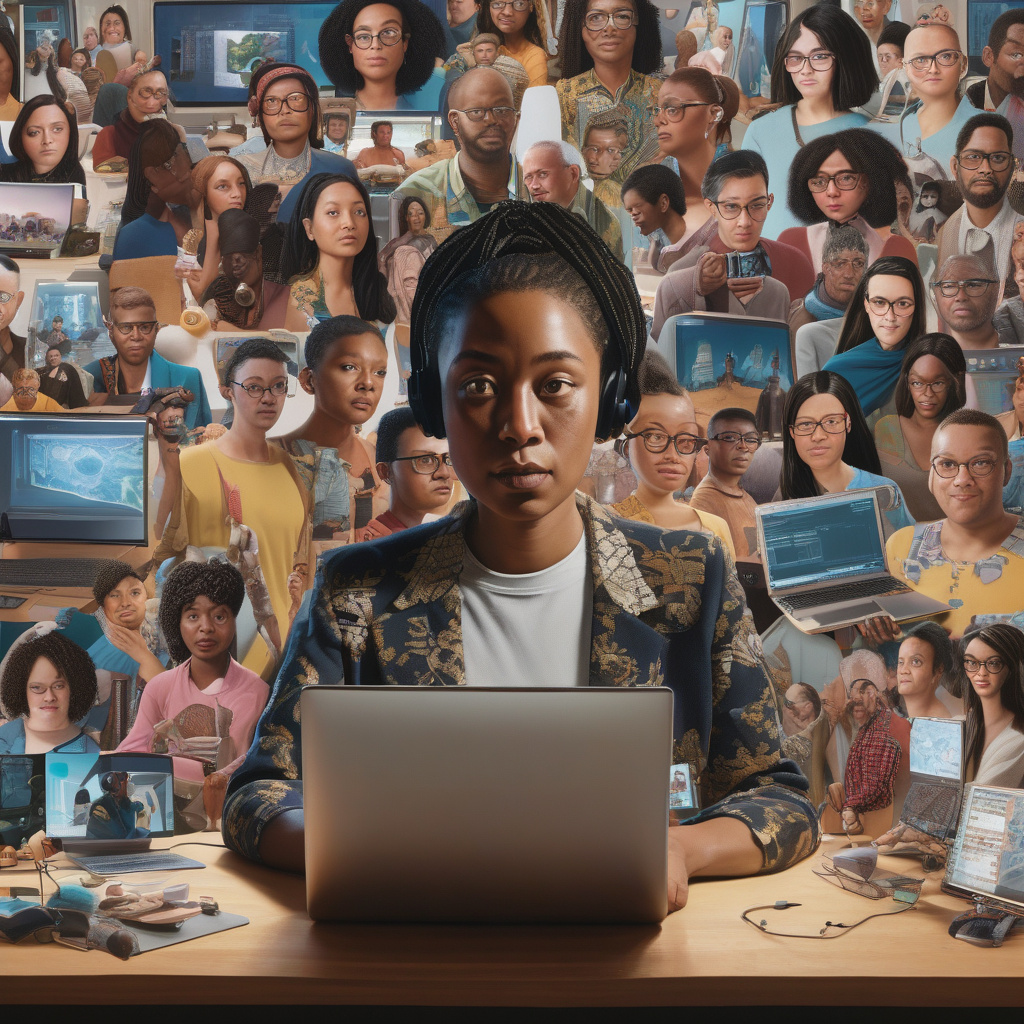In the realm of open-source projects, the rise of AI slop poses a significant challenge, as exemplified by the curl project’s recent struggles. Daniel Stenberg, the founder of curl, has raised concerns about the influx of low-quality security reports inundating the project. This surge not only threatens the efficacy of the bug bounty program but also raises broader questions about the sustainability of open-source initiatives in the face of evolving technological landscapes.
Open-source software has long thrived on collaboration, transparency, and community contributions. However, the emergence of AI-generated “slop” in the form of erroneous or irrelevant security reports introduces a new layer of complexity. While automation can streamline certain processes, the indiscriminate nature of AI-generated reports can inundate developers with false positives, undermining the efficiency of bug triaging and resolution.
At the same time, the influx of AI slop underscores the need for robust mechanisms to filter and prioritize security reports effectively. Maintaining the integrity of bug bounty programs, which play a crucial role in incentivizing vulnerability disclosures, requires a nuanced approach to distinguish between legitimate findings and noise generated by automated tools. Failure to address this issue not only hampers the progress of individual projects but also erodes trust in the broader open-source ecosystem.
To safeguard the future of open-source projects amidst the onslaught of AI slop, developers must leverage a combination of human expertise and technological solutions. Implementing intelligent filtering algorithms, establishing clear guidelines for reporting, and fostering a culture of responsible disclosure can help mitigate the impact of low-quality submissions. By fostering a collaborative environment where contributors, maintainers, and security experts work in tandem, open-source projects can fortify their defenses against the challenges posed by AI-generated content.
Ultimately, the ability of open-source to weather the storm of AI slop hinges on the resilience and adaptability of the developer community. By embracing innovative approaches, fostering transparency, and prioritizing quality over quantity, open-source projects can not only survive but thrive in an era of rapid technological advancement. The evolution of AI presents both challenges and opportunities for the open-source landscape, highlighting the need for proactive measures to ensure its continued relevance and impact in the digital age.

